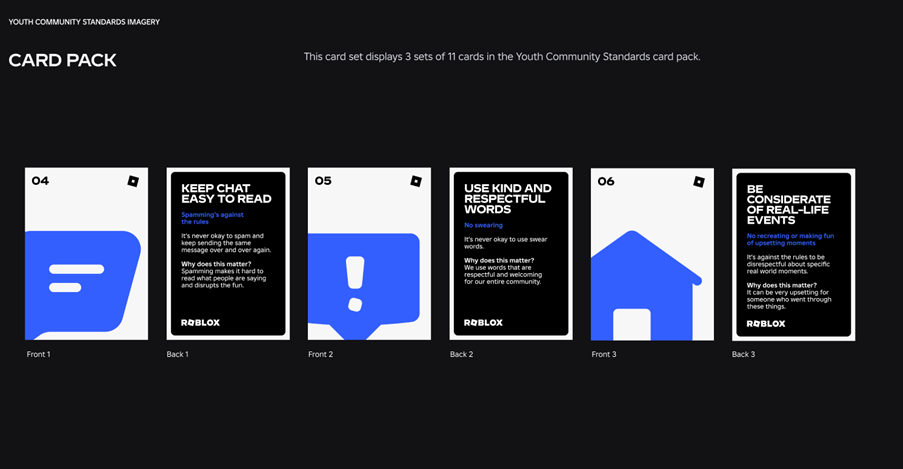Pearson School Report 2025 finds 1.9 million students in England unprepared for next stage of learning
Pearson, the global education company behind qualifications and digital learning tools, has released its 2025 School Report, revealing that at least 1.65 million primary and secondary students, and more than 250,000 college students in England, may not be emotionally or academically prepared for their next educational step.
Based on a nationally representative survey of nearly 14,000 teachers, tutors, students, and home educators, in conjunction with TeacherTapp, the report identifies major challenges linked to special educational needs and/or disabilities (SEND), academic underperformance, and emotional development. At college level, tutors estimate that 43 percent of 16–18-year-olds are not fully ready to move forward in their education or careers.
Barriers to progress vary by phase
At primary level, 79 percent of teachers say SEND is the top factor holding students back, followed by writing difficulties (75 percent) and lack of independence (73 percent). Secondary teachers cite self-motivation (77 percent), independence (65 percent), and social maturity (62 percent). College tutors highlight concerns around digital wellbeing (30 percent), critical thinking (30 percent), and writing skills (28 percent).
Despite this, the majority of students self-report as feeling ready—though nearly one in five (17 percent) school-aged students and one in four (26 percent) college students express doubt about their preparedness.
Curriculum and assessment under scrutiny
Findings show broad support for assessment reform. Thirty-eight percent of secondary students want less emphasis on final exams and more ongoing assessment. Teachers support this view, with 34 percent favoring modular exams and 33 percent calling for more innovative formats.
More than half of teachers (58 percent) want a reduction in curriculum content to allow for deeper exploration of fewer topics. Only eight percent of respondents believe the current system prepares students for future careers.
Freya Thomas Monk, managing director at Pearson Qualifications, says: “Over 14,000 students, teachers, tutors and home educators have spoken, and we have a real opportunity to listen and act. Hundreds of thousands of young people are facing barriers across every stage of education, impacting their potential and progression both now and in the future.”
AI preparedness and digital skills lag behind
The report also points to a mismatch between students’ need for AI fluency and the system’s capacity to deliver it. Forty-four percent of secondary teachers and 31 percent of primary teachers do not believe students are being prepared for an AI-driven world. Less than 10 percent of teachers feel confident in teaching students how to use AI, with most calling for targeted professional development.
Student demand for AI education is growing, with over 25 percent of secondary and college students wanting more opportunities to explore AI as part of the curriculum.
Skills and confidence gaps
Students want more practical life skills embedded in lessons. At secondary level, 40 percent say financial literacy is lacking, while 33 percent call for more support with public speaking. Secondary and college students also highlight communication and job-readiness skills as areas in need of improvement.
Self-confidence, problem solving, and resilience emerge as key outcomes teachers want students to develop—alongside traditional academic achievement.
Jason Elsom, chief executive at Parentkind, adds: “A child starting school this year will enter the workplace in the late 2030s and reach the age of 30 in the year 2050 when life and work will be very different […] It is more important than ever that today’s children become lifelong learners, not switched off from learning.”





















